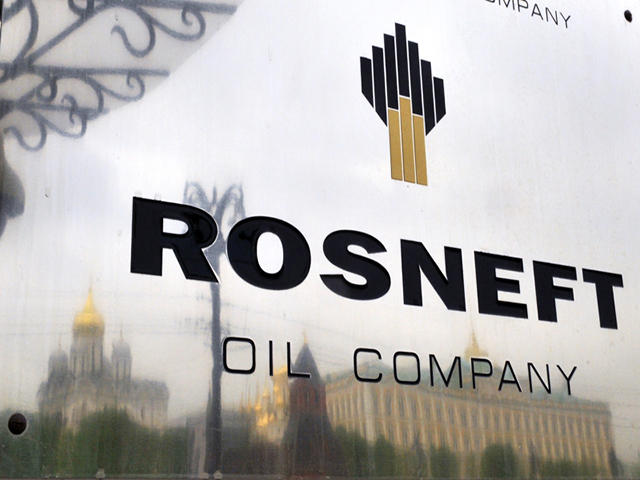
The world’s largest publicly trading petroleum company Rosneft, has discovered a new hydrocarbon field in the Kara Sea, which could produce more than 100million tonnes of oil.
Rosneft successfully completed drilling of the northernmost well in the world – the Universitetskaya-1 well – in the Arctic together with ExxonMobil.
Results of the first joint drilling in the region have shown a substantial oil discovery has been made at the East-Prinovozemlskiy-1 license area.
Drilling in the region wascompleted within the record-breaking time of six weeks after the joint venture began in August.
In addition to oil, Rosneft said there is 338 bcm (billion cubic metres of gas).
After drilling formation samples had been obtained, a pilot borehole was drilled at a diameter of 8.5 inches, to a depth of 600m.
The sea depth at the drilling site is 81m, and the depth of the straight well, 2,113m.
Specialists obtained substantial amounts of new geological data which will now be analysed, before conclusions on the field’s final resource base will be made.
At the moment the geological data interpretation is being conducted and the field’s development model is being elaborated.
The security and fail safety of the operations of future drilling is guaranteed by the landing of five columns.
Head of Rosneft, Igor Sechin, said: “I can inform you about the discovery of the first oil/gas-condensate field in the new Kara sea oil province.
“The first oil was extracted. It is an astonishing sample of light oil, which based on the results of the analysis performed, is comparable to the Siberian Light oil.
“The resource base estimate of just this oil trap is 338 bcm of gas and more than 100 million tonnes of oil.
“And this is just the estimates of this very structure.
“This is an outstanding result of the first exploratory drilling on a completely new offshore field.
“This is our united victory, it was achieved thanks to our friends and partners from ExxonMobil, Nord Atlantic Drilling, Schlumberger, Halliburton, Weatherford, Baker, Trendsetter, FMC.
“We would like to name this field Pobeda.”
A wide range of detailed research of the environment in the area was completed prior to geological operations, including the climate, iceberg migration, analysis of wildlife.
The drilling campaign was threatened by US and EU sanctions put on Russia in the light of its handling of the crisis in Ukraine.
EU sanctions prohibit the export of technology intended for use in deepwater, Arctic and shale oil exploration and production, while US sanctions directly affect Rosneft’s access to its financial markets.
But the Universitetskaya drilling was still legally possible as the contract with the Norwegian company North Atlantic Drilling for the West Alpha rig had been signed before the sanctions were announced.
Universitetskaya is the first of around 40 offshore wells Rosneft plans by 2018 to test the potential of the unexplored the Arctic Ocean.
Recommended for you
